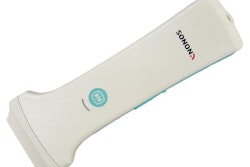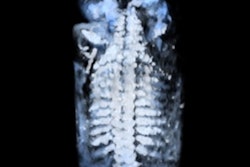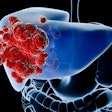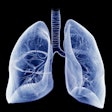A team led by Eun-Joo Park, PhD, of Seoul National University Hospital conducted an animal study to test the feasibility of combined treatment with focused ultrasound and chemotherapy for pancreatic cancer. In the first phase, immunodeficient mice were treated weekly for three weeks and then monitored for two weeks. The animals were divided into six groups: control, chemotherapy only, focused ultrasound at a low mechanical index, focused ultrasound at a high mechanical index, chemotherapy plus focused ultrasound at a low mechanical index, and chemotherapy plus focused ultrasound at a high mechanical index.
A second phase of the study included only two groups of animals treated in a four-week cycle that consisted of three weekly treatments and one week of monitoring. The two groups were chemotherapy only and chemotherapy plus focused ultrasound at a high mechanical index.
Park's team found that the tumor growth rate of animals treated only with focused ultrasound was lower than the rate of the control group, but higher than the group treated only with chemotherapy. Animals treated with both focused ultrasound and chemotherapy showed reduced tumor growth after two treatments. The tumor regrowth rate in the chemotherapy plus focused ultrasound at high mechanical index group was lower than in the group treated with chemotherapy alone.
The mechanical effects of focused ultrasound enhance the therapeutic effects of chemotherapy, Park and colleagues concluded, making the combination a possible new treatment protocol for pancreatic cancer.




















